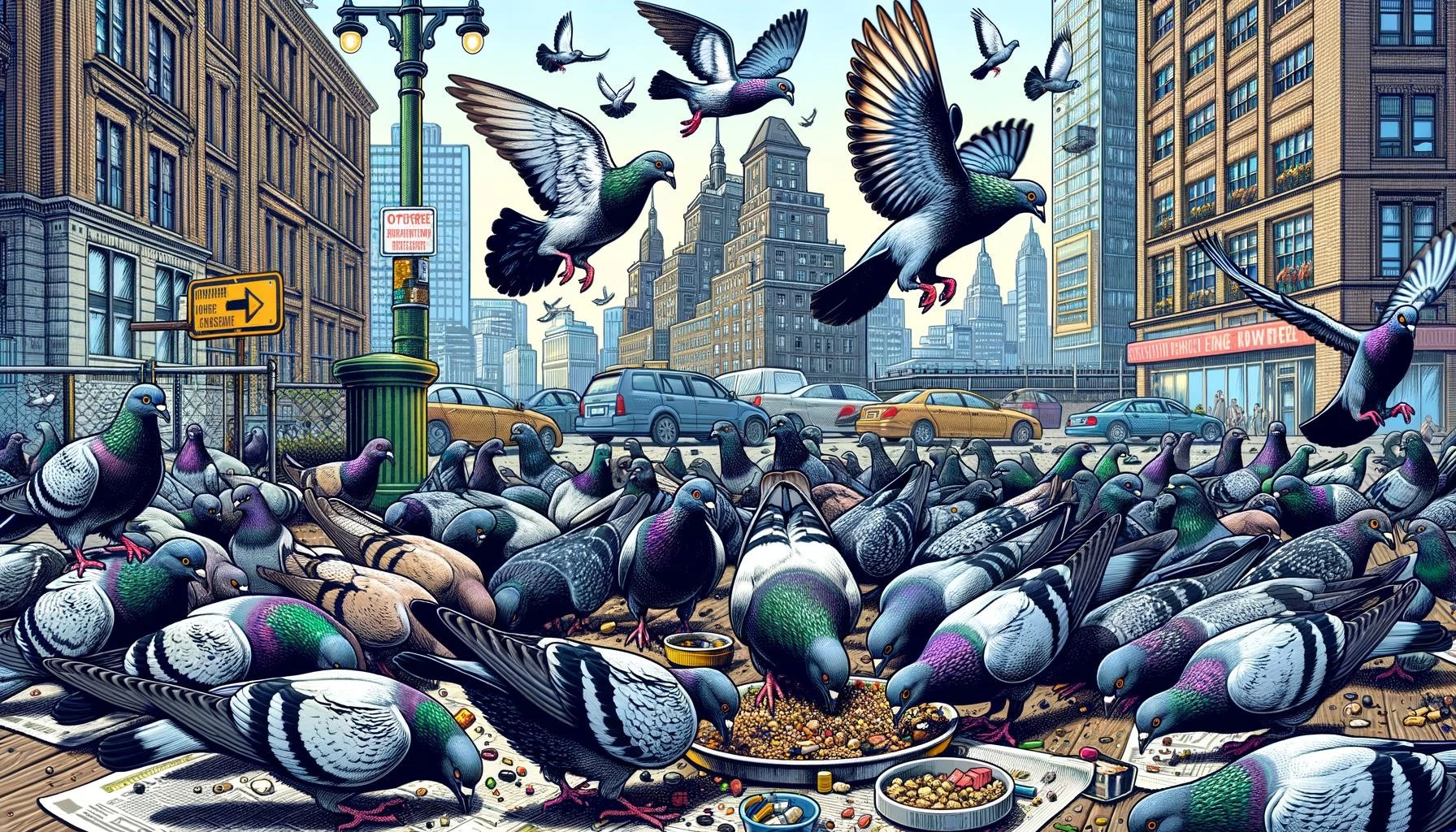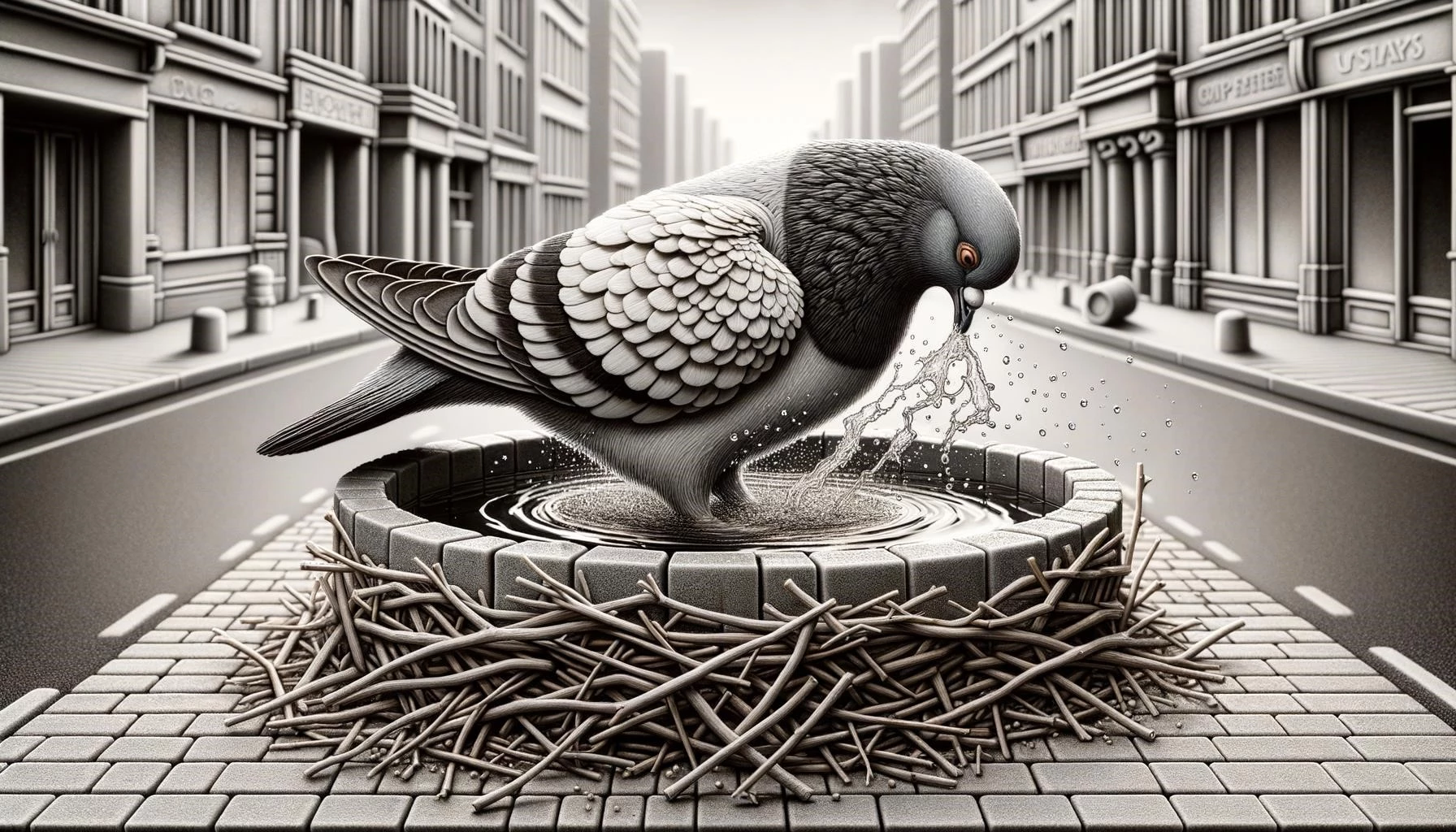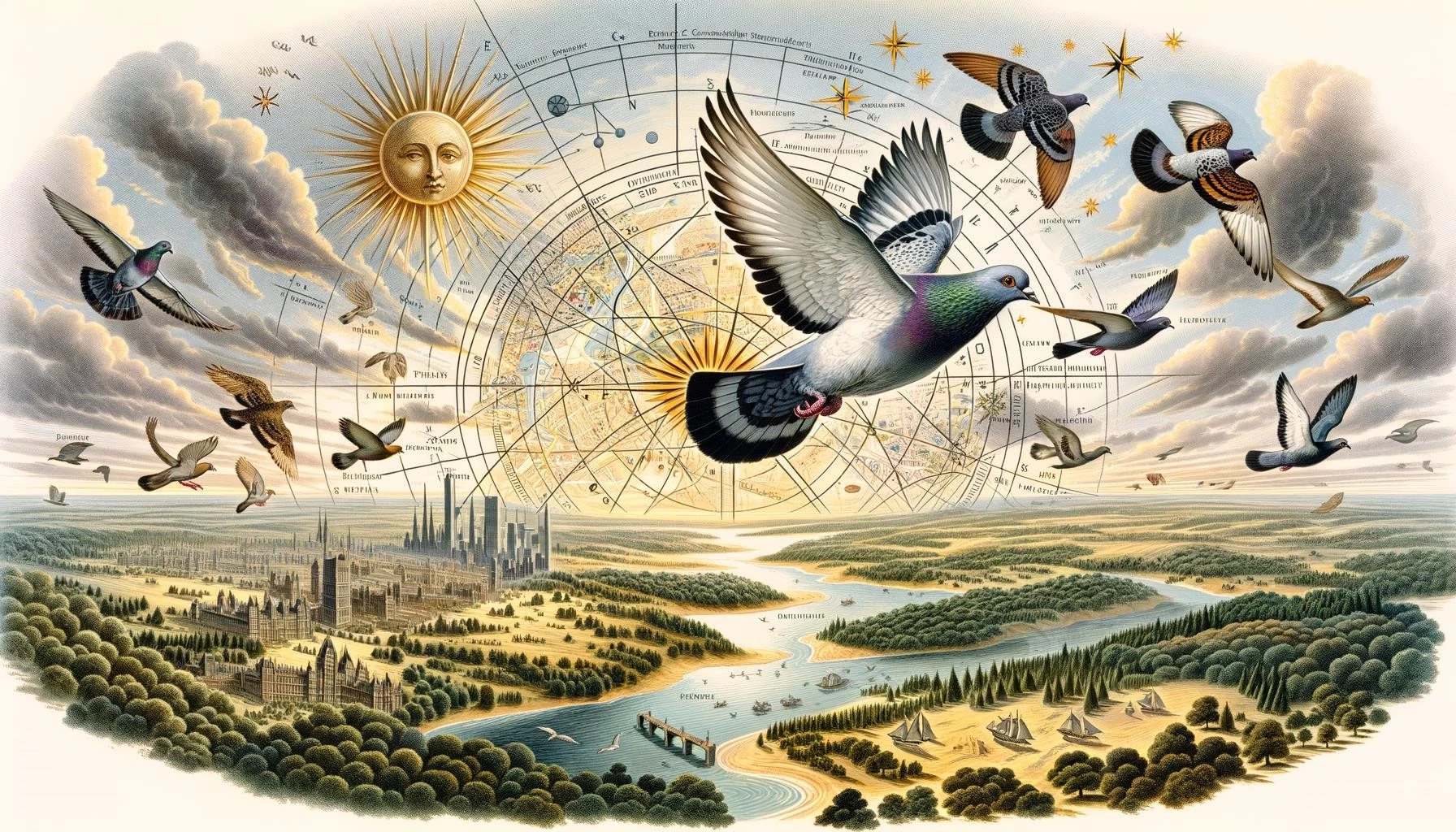Ever marveled at the adaptability of pigeons as they thrive in diverse environments, from bustling city streets to tranquil countryside landscapes? Their secret lies in their versatile feeding habits. From fruits, vegetables, and seeds to the occasional insects, pigeons are the ultimate opportunistic eaters. This exploration delves into the fascinating world of pigeon feeding behavior, its impact on their health and the surprising variety in their diet.
Key Takeaways
- Pigeons are opportunistic eaters and have a wide variety of foods in their diet.
- They are generally not picky and will eat fruits, vegetables, seeds, grains, and even insects.
- Pigeons can adapt to urban environments and feed on food scraps dropped by humans.
- In captivity, domestic pigeons are often fed a mixture of seeds, fruits, nuts, and vegetables.
- Observing pigeon feeding behavior can help identify any abnormalities or changes in appetite that may indicate health concerns.
Pigeons as Opportunistic Eaters
Pigeons are known for being opportunistic eaters, which means they are not particularly picky about their diet and will sample a wide variety of foods. They have adapted to different environments and can thrive on the food sources available to them.
In the wild, pigeons feed on fruits, vegetables, seeds, and grains. They are often seen pecking at lawns and fields, grazing for seeds and occasionally insects and earthworms. Pigeons are also common in urban areas, where they rely on food scraps dropped by humans. They excel at cleaning up any debris that falls from hanging feeders or tables.
Domestic pigeons, on the other hand, may have a more controlled diet. They are often fed a commercial mix of grains and seeds, including corn, millet, wheat, and sorghum. This diet is usually supplemented with fresh vegetables and fruits, such as cabbage and leafy greens.
Feeding Behavior in Different Environments
Pigeons exhibit different feeding behaviors depending on their environment. In urban and woodland habitats, they primarily feed on seeds, berries, fruits, and grains. They may also eat insects, such as ants, flies, beetles, spiders, and earthworms, although insects are not a major part of their diet. If pigeons come across insects while foraging, they will likely consume them for the protein and fats they provide.
In captivity, domestic pigeons have a more controlled diet and are fed a mixture of seeds, grains, fruits, and vegetables. They may also consume nuts, earthworms, snails, and even small lizards for additional fats and proteins.
Observing Pigeon Feeding Behavior
Observing the feeding behavior of pigeons can provide important insights into their health and well-being. By regularly monitoring their feeding habits, abnormal changes in appetite or other signs of abnormalities can be detected.
It is important to note any abnormalities, such as reduced food intake or erratic feeding behavior, as they may indicate potential health issues. In such cases, it is recommended to consult a veterinarian familiar with avian health to assess and address any concerns.
Feeding pigeons in public places is generally discouraged due to the associated public health risks posed by diseases spread through their droppings.
Overall, pigeons are adaptable and opportunistic eaters that can thrive in various environments. Understanding their feeding behavior can help ensure their well-being and support their nutritional needs.









